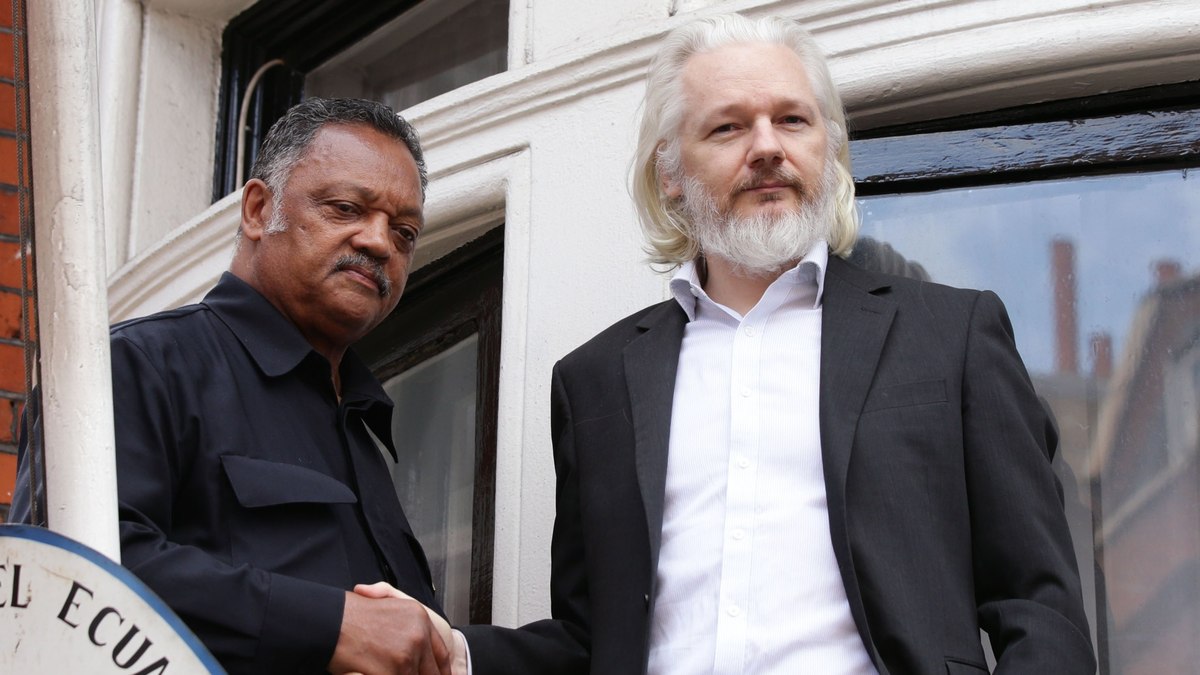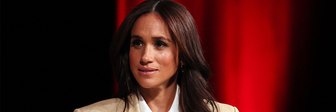A United Nations body has ruled that Julian Assange, the Australian who founded WikiLeaks, has been ‘arbitrarily detained’ in the Ecuadorian Embassy in London.
It called for his ‘deprivation of liberty’ to be ended and for him to be given the right to compensation. But the British government says it has no intention of doing any such thing and continues to assert that it has a legal obligation to extradite him to Sweden if he sets foot outside the embassy. Who’s right?
Julian Assange came to international prominence when he published on WikiLeaks thousands of classified United States government diplomatic cables and military files, many of which cast America in a very bad light, not least in relation to its conduct in Iraq and Afghanistan. To many, Mr Assange became a hero overnight. To others, especially the American government, he was not just a criminal but a villain.
Since June 2012, Mr Assange has been holed up in a small room at the back of the Ecuadorian embassy in London, where he sought refuge after the Swedish authorities issued a European warrant for his arrest. They want him to be extradited to Sweden so that they can question him about allegations of rape and of sexual assault originally made against him in 2010. Mr Assange denies all the allegations, some of which can no longer be investigated because of the passage of time.
In order to avoid extradition he asked for political asylum, which was granted by the Ecuadorian government. He can’t leave the embassy without risking immediate arrest. Britain has spent nearly £13m keeping the embassy under surveillance in case he should leave, though the permanent police presence outside it was ended last autumn.
Mr Assange and many of his supporters believe that if he were to surrender himself to the Swedish authorities he would risk being extradited again to the United States, where it is thought he could face charges of sedition and espionage.
In order to try to break the deadlock and regain his freedom, Mr Assange appealed to the United Nations Working Group on Arbitrary Detention (WGAD), an offshoot of the UN Human Rights Group. His case was that his confinement was unlawful because he was being asked to choose between the asylum granted him and the certainty of arrest.
WGAD agreed with him. It declared: ‘The working group considered that Mr Assange has been subject to different forms of deprivation of liberty: initial detention in Wandsworth prison, which was followed by house arrest and his confinement in the Ecuadorian embassy.’ The group criticised the Swedish authorities for seeking his extradition merely to question to him about the allegations and even before any charges had been brought.
Many people, however, have derided the ruling. They point out that Mr Assange walked into the embassy of his own free will so it cannot be argued that he has been arbitrarily detained. Some have cast doubt on the credentials of WGAD and even on the UN Human Rights group itself. WGAD is made up of five academics, from Mexico, Benin, Australia, Ukraine and South Korea. The Australian academic took no part in the inquiry because Mr Assange is also Australian, and the Ukrainian academic disagreed with the ruling. So only three members of the panel came to the declared conclusion. Critics of WGAD argue that it almost never throws out any claim for arbitrary detention put to it, and they cast doubt on the legitimacy of the UN Human Rights group itself on the grounds that it elected to the chair of one of its committees the ambassador from Saudi Arabia, a country more often vilified for its human rights record than praised for it.
The WGAD ruling has no legal force, so neither the Swedish authorities nor the British government is budging an inch. Downing Street said: ‘We have been consistently clear that Mr Assange has never been arbitrarily detained by the United Kingdom but is, in fact, avoiding lawful arrest by choosing to remain in the Ecuadorian embassy. The UK continues to have a legal obligation to extradite Mr Assange to Sweden.’
Campaigners against sexual violence share the government’s view. Joan Smith, the chairwoman of the Mayor of London’s Violence Against Women and Girls Board said: ‘The UN ruling is completely irrelevant. Mr Assange is subject to the same lawful process that the rest of us are and the Supreme Court has found the arrest warrant against him was valid. In my view he has been desperately seeking to avoid submitting himself to this process by claiming there is a plot against him. He should be co-operating with a lawful process.’
To many people the details of the WGAD ruling and the Swedish and British response miss the point. To some Mr Assange is simply a scheming coward, trying any dodge he can to avoid answering questions and facing possible charges concerning his sexual conduct. To others he is a hero who is a great international public servant for having lifted the lid on the activities of the American government and who is simply doing what he can to avoid paying what almost certainly would be a very high price in terms of lost liberty if the American authorities ever got their hands on him.
What’s your view?









